 |
| Cross of 1000s of fallen French 20 year olds |
witnessed a flaming truck fire on the A4 to
 |
| Bones of sons who were never identified |
Here is what I read from a chapter in HOLD FAST in a Broken World as we pulled away from the fields of crosses and the interred bones of fallen boys.
...It was November 29, 1917, Jack’s nineteenth birthday. It was
also his first day of trench warfare. Some birthday party! Later he wrote about
that day. “The first bullet I heard ‘whined’
 |
| Truck trailer conflagration on the A4 |
One day he had been a fresh young
college student; now he was a soldier. After a hasty few months of training he
was dubbed a Second Lieutenant in the Somerset Light Infantry and shipped off
to France.
Near Arras he
heard that first of many bullets. When not dodging those bullets, he wrote down
reflections on his experience.
The war—the
frights, the cold, the smell, the horribly smashed men still moving like
half-crushed beetles, the sitting or standing corpses, the landscape of sheer
earth without blade of grass, the boots worn day and night till they seemed to
grow to your feet… I have gone to sleep marching and woken again and found
myself marching still. Familiarity both with the very old and the very recent
dead… I came to know, and pity, and reverence the ordinary man.
April, 1918 at Mt. Bernenchon,
near Lillers, France,
an artillery shell whistled louder and closer than the rest. Then it hit.
Erupting in a deafening explosion, the shrapnel instantly killed Jack’s friend, who had been a father figure to him.
And it hit Jack. He wrote, “The moment just after I had been hit… I found that
I was not breathing and concluded that this was death.” Perhaps at the field
hospital at Etaples, perhaps at a convalescent camp on the Salisbury Plain,
embittered by his experience, Jack began writing a poem:
Come let us curse our Master ere we
die,
For all our hopes in endless ruin
lie.
The good is dead. Let us curse God
most High.
Laugh then and slay. Shatter all
things of worth,
Heap torment still on torment for
thy mirth—
Thou art not Lord while there are
Men on earth.
Jack was his nickname. His real
name was Clive Staples Lewis. The lines above appeared in his first book, Spirits in Bondage, a collection of
poems Lewis wrote while a young atheist and that he described to a friend as
“mainly strung around the idea that nature is diabolical and malevolent and
that God, if he exists, is outside of and in opposition to the cosmic arrangements.”
Perhaps after suffering the horrors
of WWI, his bitterness and cynicism is more understandable. There were horrors
aplenty. On the first day alone of the Battle of the Somme, 20,000 young men’s
lives were cut short, many of them so mangled by artillery shells, by the
tramping feet of advancing and retreating soldiers, the debris, mud, and
carnage that in the five-month battle more than 50,000 soldier’ bodies were so
obliterated that they have no known graves. Between 1914 and 1918, an average
of 5,600 young men died each day of those five years, more than ten million
lives. No wonder Lewis penned the cynical lines “laugh then and slay.”...



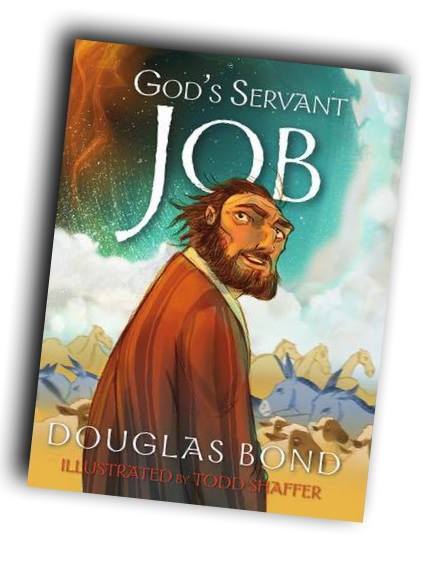


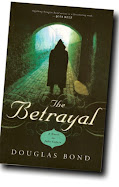

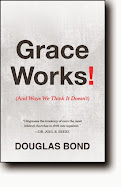


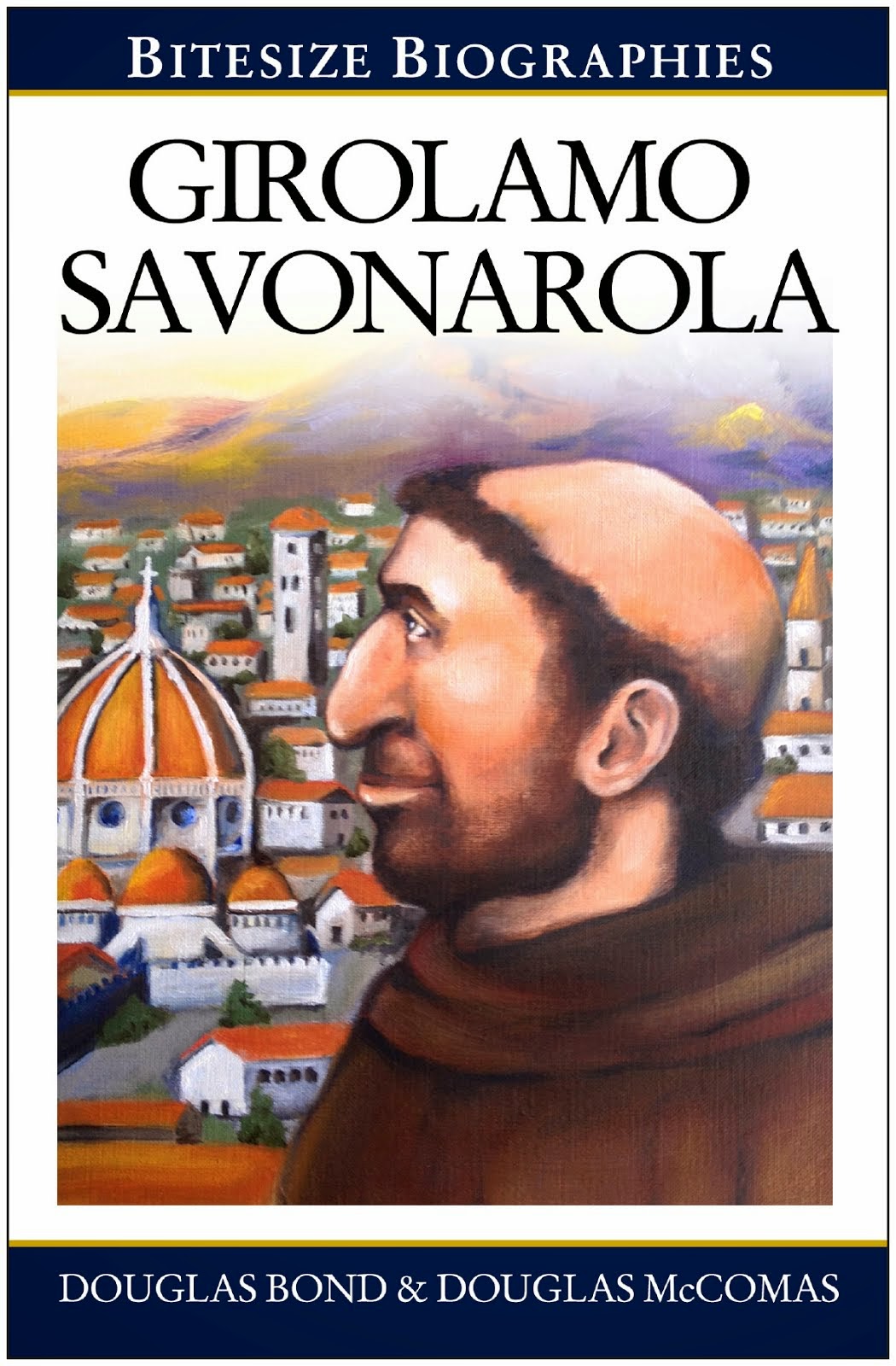


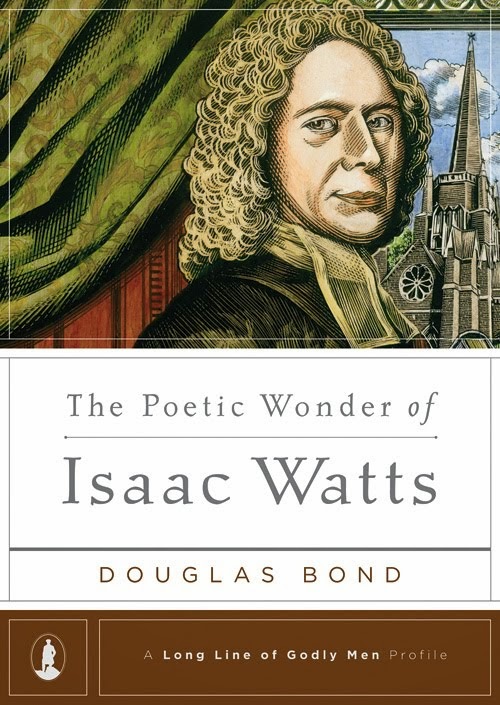




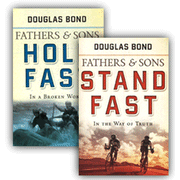



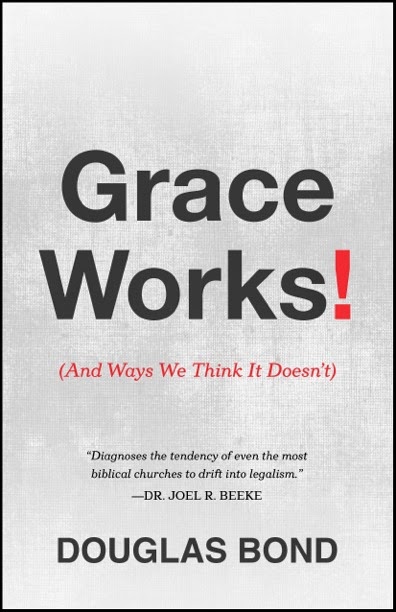
No comments:
Post a Comment